5. The Tree of Life by Terrance Malick
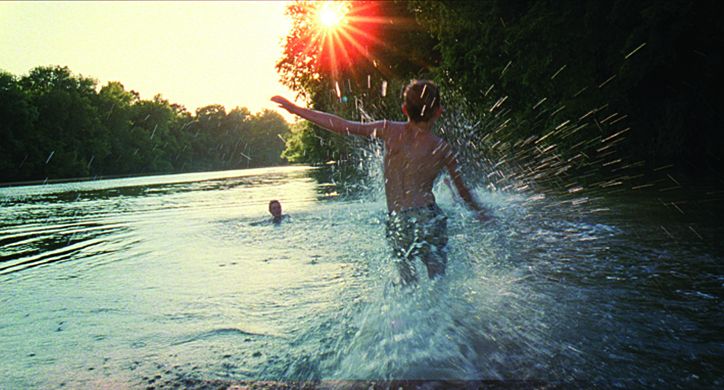
The goal of film is to tell a story. The way a film tells a story is what makes it good or bad. With Terrance Malick and his storytelling skills you are already provided with the answer. With deeply spiritual undertones Malick builds his movies as sort of a message from the heavens to the lowly human. He crafts an experimental look into classical storytelling, yet remaining new and original with every step of the way.
Malick is old school, but his old school is always presented in a new manner. It’s the power of the filmmaker to adapt, change and develop through the years that makes Malick special. The Tree of Life is a very thought out film.
Malick seems to have a very close ear to the Divine and how it functions. He seems to be the filmmaker of Being itself. A film where we can’t pin point what theological aspect Malick is going with, but it has Creator written all over it. Malick brings the unexplainable thing to light in motion and sound and we are left in awe, because he just transmitted the message, but did not decode it fully.
4. The Lobster by by Yorghos Lanthimos
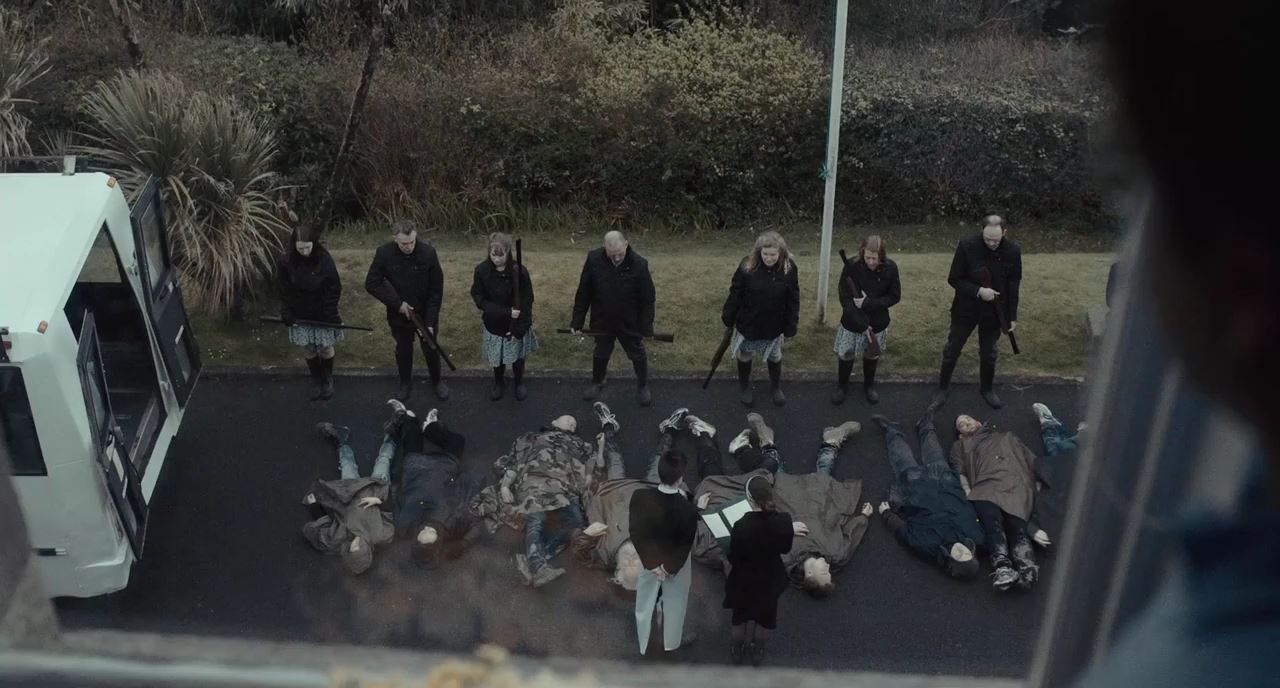
Human relationships are brought to absurdity in Lanthimos’ The Lobster. It’s through the interactions of people who don’t seem to fully be persons with their own characteristic and features, and who lack deeper personality to them, that we get a view of a world where control reigns supreme on both sides of the isle. Even when given complete freedom and given a total set of rules people surprise us in the most horrendous of ways.
In a dystopian fashion Lanthimos builds a game of sorts that is not easy to get out of, and that game is life itself. How do we relate to each other? How do our actions towards one another affect us and the whole situation around us? You can’t view this film without ever wondering what we have done to others and what they have done to us. The originality in it is how Lanthimos presents this.
For him love is not a factor in relationships, what is important are very little tidbits of everyday life. It’s as if he took a knife and sliced a piece of existence and threw it on the screen, so small and minimal yet it sparks such depth and grandness in us.
3. Boyhood by Richard Linklater
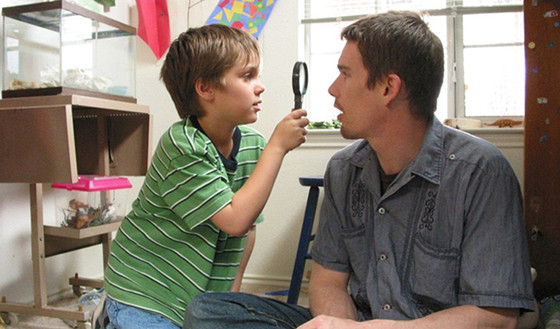
Moviemaking has its own rules. Movies have theirs. Movies have always been about time, time is always a factor in movies, we are seeing worlds, life stories through the span of years, or we are seeing a minute through the span of an hour. It’s this experience that made movies popular in the first place.
Boyhood provides a nice twist to this as the whole movie is shot in the span of 12 years. This opens up a whole can of possibilities. First of all the director and actors will be different in year one and year twelve, so it’s like we are watching two different segments of imagination, interpretation and expression. People grow and people change, experience builds and shapes character. It’s the possibility of experimenting in this year span that made Boyhood what it was, a masterpiece of experimental filmmaking.
It’s hard to sometimes notice the ways in which a film was constructed, in this film its construction is pivotal to its understanding. A good idea can get you anywhere, but a good idea done right can get you anywhere anytime, and Boyhood will probably remain in the halls of time among the greats.
2. Eternal Sunshine of the Spotless Mind by Michael Gondry
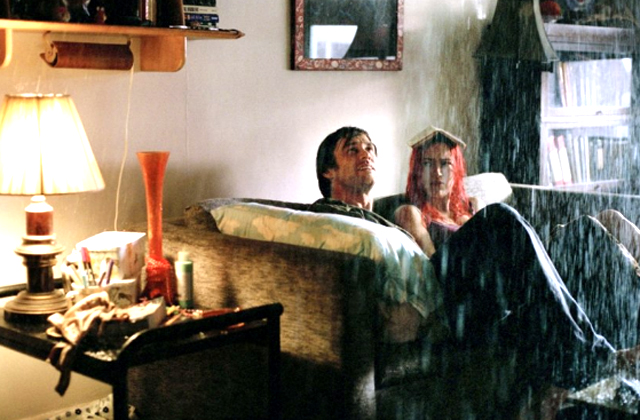
It seems the 21st century is devout of meaning. More importantly the meaning for a human being in the rapid reality which surrounds us. So humans in the contemporary world seek for that meaning in one another. Eternal Sunshine of the Spotless Mind takes this to the extreme. With each dialogue piece wrapped beautifully in the overall theme it presents a love story like no other. Deeply romantic, yet deeply tragic. Hopeful, yet hopeless. Cheerful, yet devastating.
The sci-fi leitmotif is perfectly applied to the alienation of the characters from the world and from each other. It guides them into a realm they don’t really understand, but yet want to participate in.
The most original aspect of the film is that it blends emotion in a futuristic setting, where those two things are very hard to be separated and we are stuck with them through every frame, invested with all of our hearts until the very climax.
1. Mulholland Drive by David Lynch
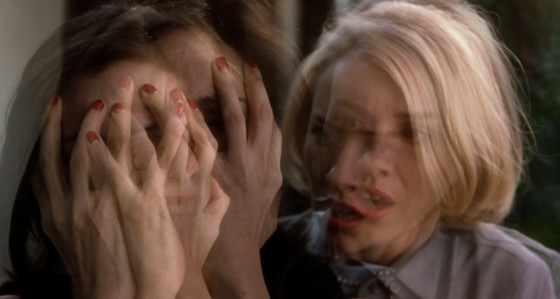
Lynch has a specific way of making films. He dives deeply into his subconscious to get the inspirations for some of the imagery that is later shown on film. In his case you can’t separate the man from the work of art. They are beautifully intertwined to bring you the cinematic experience that in the 21st century seems to be lacking to a greater extent.
Lynch is very classical in his approach, yet very modern. This is what makes Mulholland Drive a great piece of his imagination. It’s set in the most Hollywood of Hollywood settings, the Big Orange – Los Angeles. With Lynch we are left wondering is he speaking in affirmation of the city of fame or is he bombarding us with all the lavishness of Tinseltown to provide a critique on the film industry.
This is what makes Lynch and Mulholland Drive original, we walk into a movie theatre with our own prejudices and preconceived ideas, and Lynch takes them, plays with them and destroys them at the end to leave us wondering what hit us.
Most importantly he takes our ideas of reality, film and aesthetics and twists them. He leaves us wondering where we are, how did we get here and why is it so beautiful? The answer is Lynch led us, but it remains a mystery as to how exactly it happened.